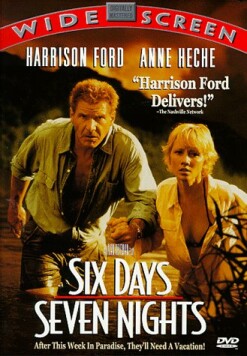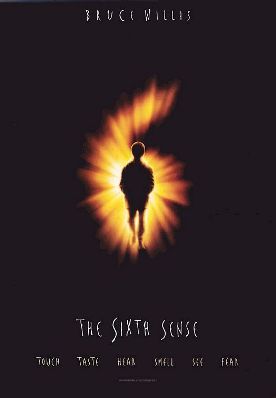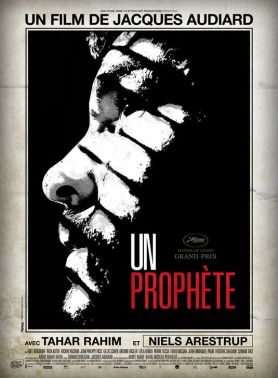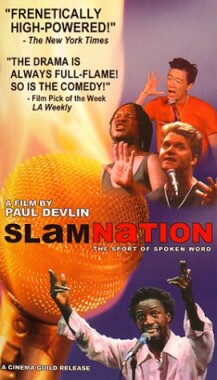Six Days, Seven Nights
Six Days, Seven Nights, directed by Ivan Reitman, tries and does not
completely fail to be an old- fashioned sort of romantic comedy. Anne Heche plays
Robin Monroe, deputy editor of a New York fashion magazine who meets cute
with Harrison Ford as Quinn Harris, a crusty old souse of a pilot living the
life of Riley in the South Seas. The two of them find themselves marooned on a
desert island and chased by pirates and, in spite of their natural and instant
antipathy to each other, falling in love. Robin’s fiancé, the romantic
Frank (David Schwimmer) is a kind of mooncalf who is always being thoughtful and
romantic in the way that New York girls, or American girls, are now supposed to
expect. But Frank turns out to be rather a sap, his romanticism really a sign of
weakness. So far, you might think, so good.
When Robin and Quinn seem to be lost at sea, Frank takes an early opportunity
to sleep with Angelica (Jacqueline Obradors), Quinn’s hot young girlfriend and
an exotic dancer. But he hates himself for it in the morning. “What did I do?”
he moans. “And how many times did I do it?” As he continues to berate
himself — “I’m scum! I’m garbage!” he cries — Angelica, who has
obviously been around the block a few times, says: “Stop beating yourself up.
You’re a guy. You can’t help it.”
But there are different ideas of what it means to be a guy. Quinn and Robin,
apparently, can help it, though it is she who (as in traditional thinking) must
exercise the restraint. “If I start kissing you, I won’t be able to stop,” she
tells him. And, improbable as it sounds on what they think might well be their
last night on earth, he accepts without a word her sense of fidelity to old
Frank. More importantly, when Quinn tells Robin that he’s scared, as the two of
them are running from the pirates, she says that this does not help. “I
thought that’s what women wanted.”
“What?”
“Men who aren’t afraid to cry, who are in touch with their feminine
side.”
“Not when we’re being chased by pirates. Then we want them mean and
armed.”
Well, duh! But believe it or not, it is actually something of a step forward
in the Hollywood of recent years, which has been utterly cowed by the feminists,
to be able to say so. Likewise, when Quinn is about to give up hope, it is the
need to protect his woman which brings him round.”I need you to be my confident
captain,” she tells him tenderly. “I can’t tell you how difficult this is going
to be for me if you lose it.”
All this is very promising. But what might otherwise have been a splendidly
reactionary-romantic comedy falls foul of two problems. The first is that the
pirates, led by the fine part-Maori actor Temuera Morrison, are too ridiculous
for words, the stuff of Saturday morning kiddie cartoons. They appear when they
are needed to throw a scare into us, then disappear, then reappear again just as
rescue seems at hand. The good guys’ escape is obviously inevitable, but the
instrumentality by which it is brought about is absurd. The second problem is
that, although the film does bring up the unsuitability of the match between the
New York feminist and her old, drunken Neanderthal of the South Seas, it skates
over the problem in the end. “You deserve someone fresher,” Quinn points
out gently. Besides, she’s not coming to the South Pacific to be his co-pilot,
he says, and he’s not going to New York to be her receptionist. So what kind of
future could they have?
Given the reactionary nature of the romance, they ought at least to take this
question a little bit seriously, but in the end it is simply forgotten. I guess
Hollywood will never get that conservative — conservative enough,
that is, to take seriously the practical difficulties with following one’s
feelings in love. We must just be grateful for what conservatism we can get, and
for the fact that Anne Heche, the well-known lipstick lesbian, should here be
found showing women how to be women again, and men how to be men.
Discover more from James Bowman
Subscribe to get the latest posts to your email.






